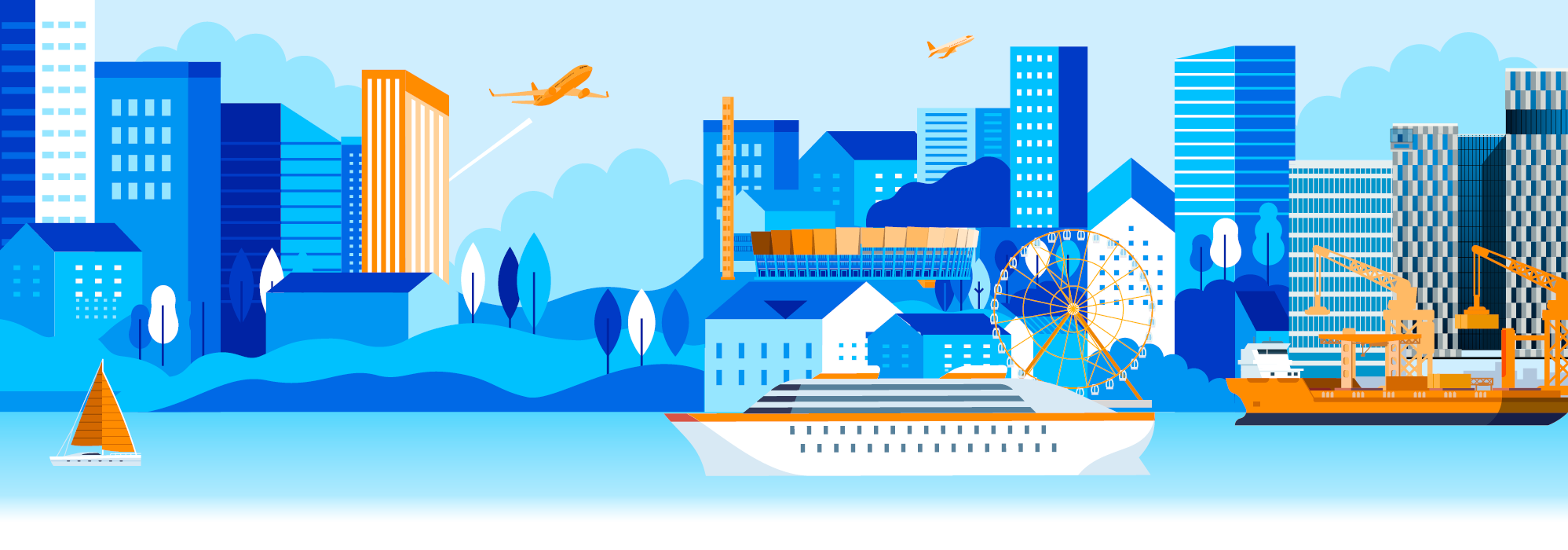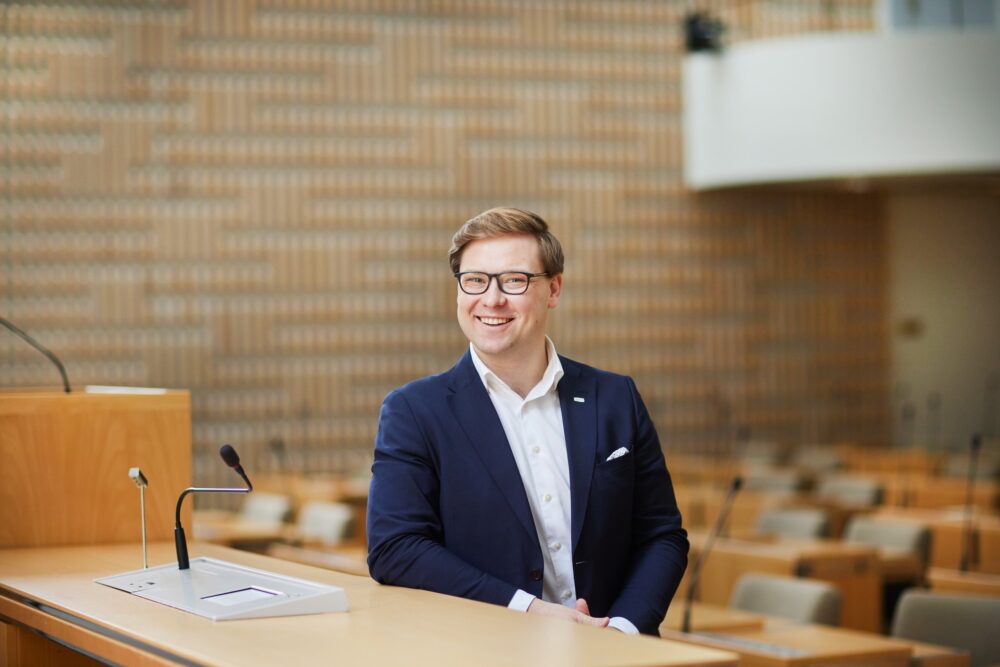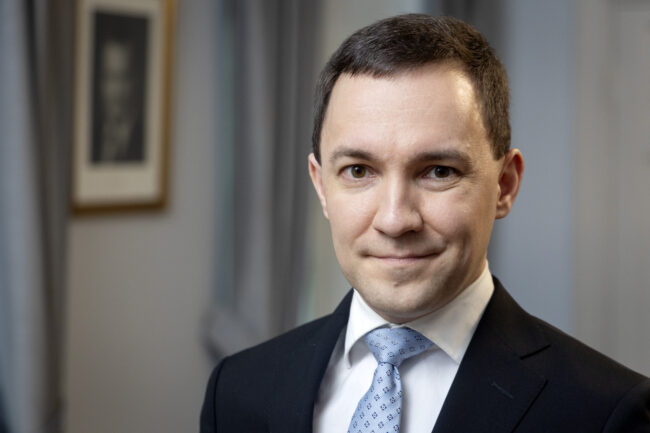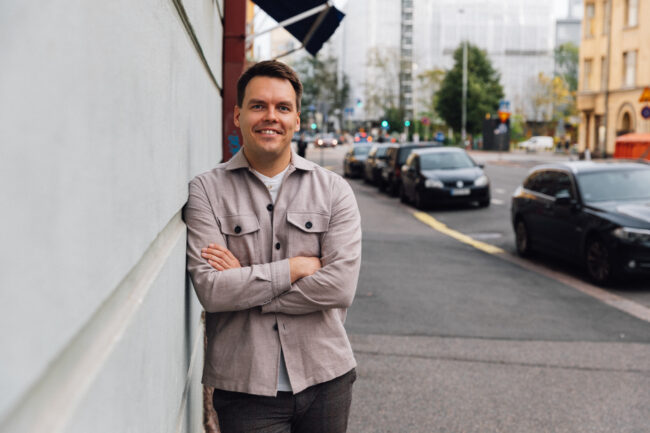A city’s success is built on the hard work and resilience of businesses and the people working within them. Well-being does not emerge from administrative decisions or political declarations alone, but they can—and must—create the conditions for businesses to thrive.
Businesses are not just job creators. It is often emphasized that the taxes paid by businesses and their employees fund public services—schools, roads, and healthcare. While this is entirely true, the significance of businesses extends beyond that. They generate vitality in and of themselves. Life in the city would be far less vibrant without restaurants, shops, concerts, movie theaters, and all the other elements businesses bring to urban life. A business-friendly city policy is not in opposition to public welfare services—it is a prerequisite for them.
In practice, a business-friendly policy means promoting foreign investments in Helsinki while ensuring that the city provides fertile ground for domestic enterprises.
In practice, a business-friendly policy means promoting foreign investments in Helsinki while ensuring that the city provides fertile ground for domestic enterprises. I believe in an active economic policy. The city plays a crucial role in shaping the business environment, and poor practices risk becoming obstacles to entrepreneurship. We must avoid this.
We need to regularly ask ourselves key questions about ensuring a strong business environment: How attractive are we today to new businesses, skilled professionals, and investors? How can we become even more attractive? What are other cities doing better, and how can we learn from them? We must be able to compete with other European capitals in business-friendliness. That means less bureaucracy and more collaboration. In economic policy, we must learn to show a green light rather than a red one. Instead of restricting, we should enable. Instead of hesitating, we should experiment.
I believe that the mayor must meet with entrepreneurs and the city’s largest private employers regularly to understand their challenges and find solutions.
A stronger dialogue and partnership between the city and businesses is one of the key goals of my mayoral program. I believe that the mayor must meet with entrepreneurs and the city’s largest private employers regularly to understand their challenges and find solutions. Communication cannot be limited to ceremonial occasions—it must be ongoing and practical. There are many issues where we exist in symbiosis and must work together, including the vitality of the city center, cost-efficient public service delivery, access to skilled labor, and the development of new urban areas.
Attracting foreign businesses requires close cooperation with our neighboring municipalities. When a foreign company considers establishing operations in Finland, it does not concern itself with the municipal border between Helsinki and Espoo. If a company chooses to set up in Espoo or Vantaa, it is great news for Helsinki as well—it strengthens the appeal of the entire metropolitan area. Internationally, it makes sense for us to present ourselves as a unified region.
Among individual industries, the tourism sector holds enormous growth potential for Helsinki, and its recent development has been promising. Tourists bring customers to many services valued by Helsinki residents, including museums, hotels, and cultural events. However, there is still room for improvement in making Helsinki a more attractive tourist destination. We must create space for large congresses and major events, sustain seasonal attractions like Lux Helsinki and the Christmas Market, and make it easier to organize small private events. The city’s squares and public spaces must be brought to life.
Meanwhile, our thriving startup ecosystem is producing successful domestic export companies. Slush and Maria01 are internationally recognized brands, and we must allow them to expand even further. This ecosystem has already generated numerous globally successful companies worth tens of billions of euros. We must nurture this startup spirit with every tool available to the city.
Economic policy has many dimensions, but the key is to raise our level of ambition and increase concrete actions. More than programs, we need initiatives and tangible results. The mission is clear: the city must be the best possible place to do business, create jobs, and grow. Businesses help shape the city, but the city must create the conditions for their success.
This article was translated with an AI. Please find the original here.




